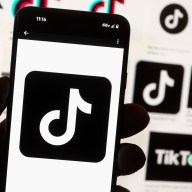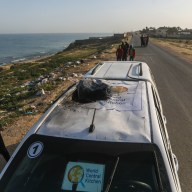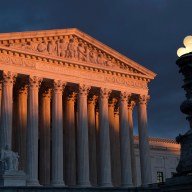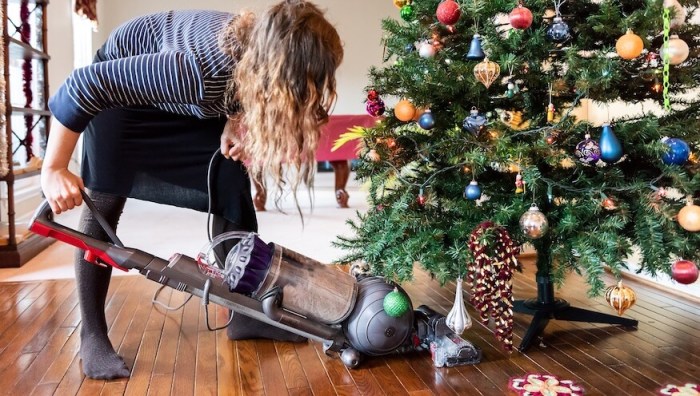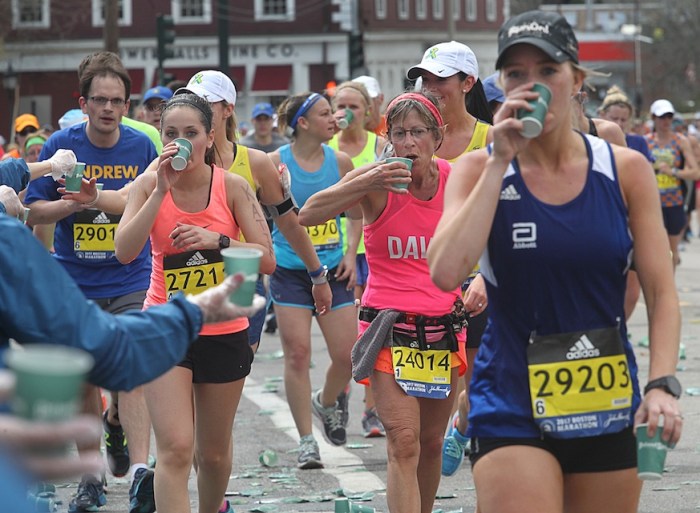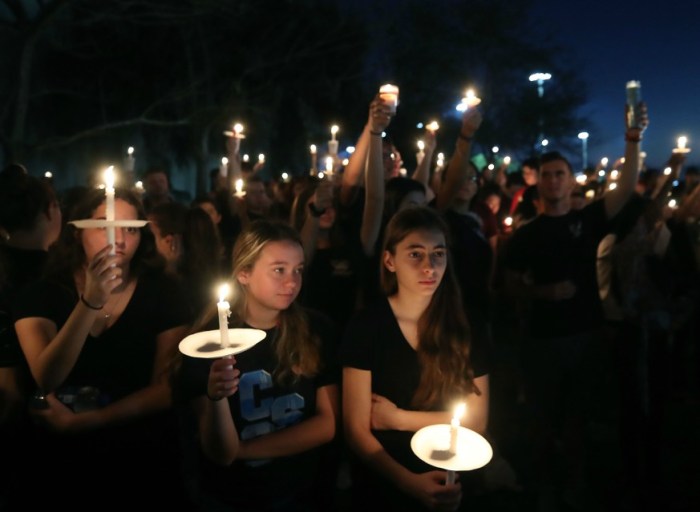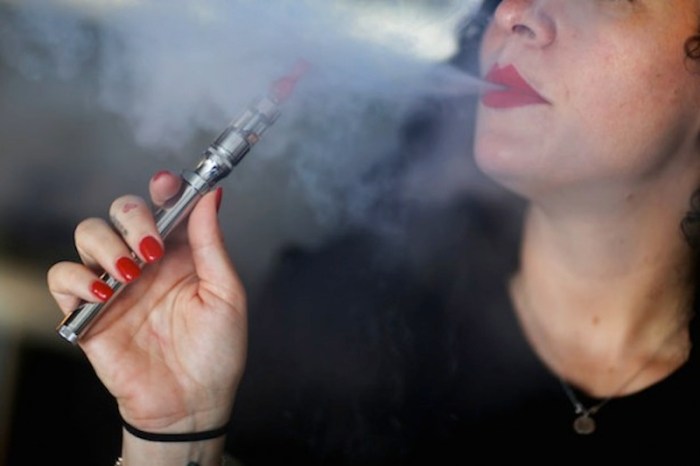We know that we’re supposed to perform regular self-exams for our own health. Doctors advise women to check their breasts once a month for lumps and irregularities and encourage everyone to use sunscreen and regularly check their skin for bumps and marks. That being said, there aren’t tests for every illness, and it’s impossible to know if every part of your own body is affected by a disease like cancer.
Ask Mount Sinai: How do you know if you have kidney cancer?
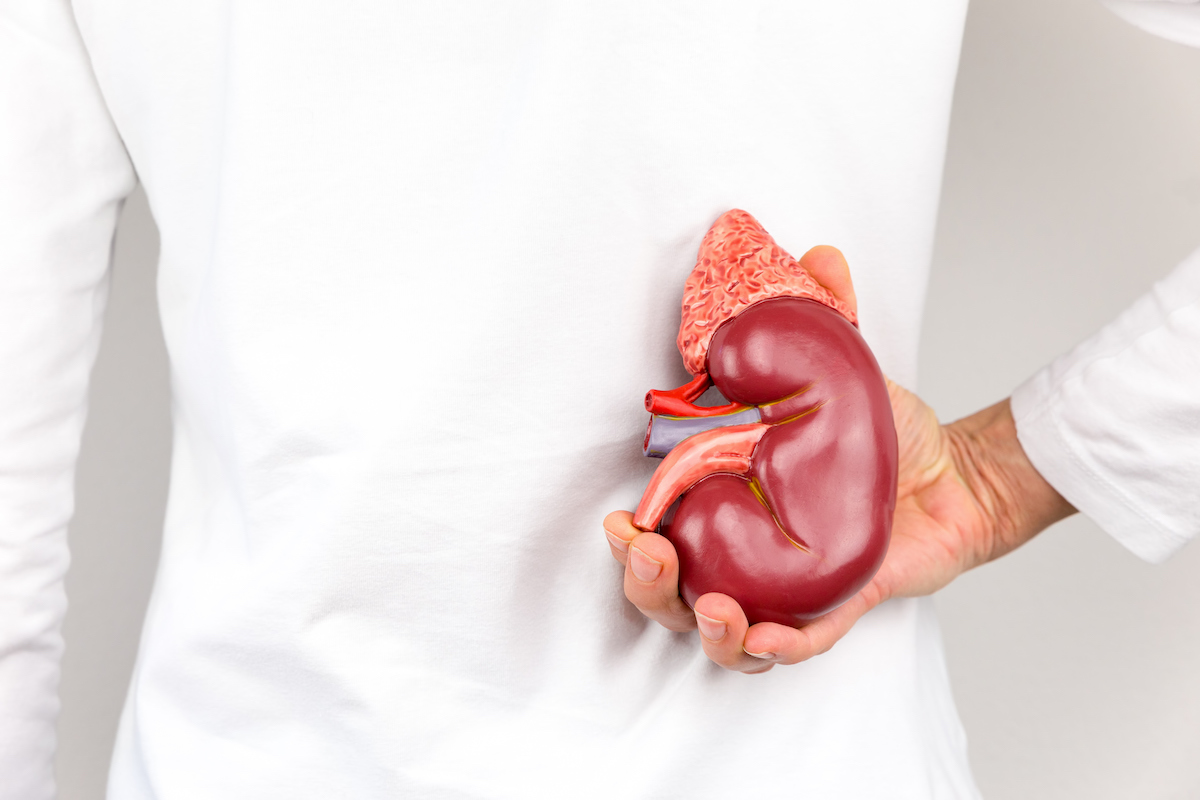
istock
As a result, some cancers are discovered “incidentally,” or when a person is seeking treatment for an unrelated reason; kidney cancer is one of those. We talked to Dr. Ketan Badani, a urologist at Mount Sinai Health System, about the risk of kidney cancer and some of the ways doctors are trying to improve early detection and intervention.
March is kidney cancer awareness month. Who is at risk for kidney cancer?
Everybody is. That’s the unfortunate answer. The problem is, we don’t know the exact factors that arise with kidney cancer. Three percent of the population gets it, and we don’t know exactly who that 3 percent is going to be.
How do you know if you might have it?
You can actually have a mass, or a fullness, in the side called the flank. And then other constitutional things that aren’t specific to kidney cancer, but weight loss, fatigue, that sort of thing. The problem is, probably more than 80 percent of all kidney cancers diagnosed in the United States is found incidentally.
So there’s no specific screening test for it?
No, and that’s the problem we have. The majority of kidney cancers are asymptomatic.Whatever the symptom was that got you to your primary doctor or the emergency room is probably completely unrelated to the fact that you found a kidney tumor.
What can you do to make sure your kidneys are healthy?
Overall kidney health is based on the same factors that are good for your heart. Things that hurt kidneys over time are high blood pressure — that’s probably the No. 1 kidney killer in the U.S. Smoking, diabetes, obesity — these factors are bad for small blood vessels in the body. So the kidney, being a blood filter, much like the heart is a pump for blood, when you affect the arteries that feed that organ, it’s gonna hurt the organ.
How do you treat kidney cancer?
Pretty much all kidney cancers are cured by removal. They’re not really sensitive to traditional chemotherapies or radiation. And so surgical removal is essentially the cure in early stage kidney cancers. The procedure we do is a robotic partial nephrectomy, [which is] minimally invasive, two holes in the abdomen, instead of making a big cut. We’re seeing really good functional outcomes afterward because we’re minimally traumatizing the kidney by doing this [method].
Can you talk about Mount Sinai’s clinical trials around kidney cancer?
One trial is actually a time to figure out a biomarker, or screening test for someone who’s at risk for getting kidney cancer. So we’re doing a study where we’re looking at protein in the urine. The second one, we’re just launching, is treating patients with partial nephrectomy, doing a randomized study looking at amniotic stem cells to see if we can actually regenerate the lost part of the kidney.






